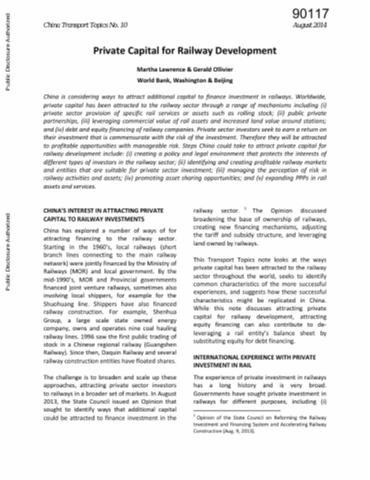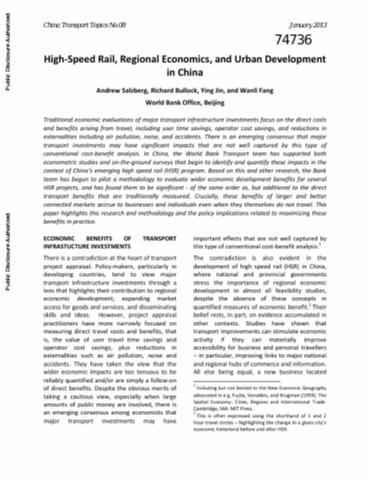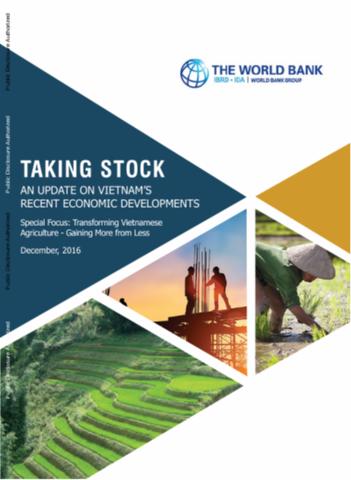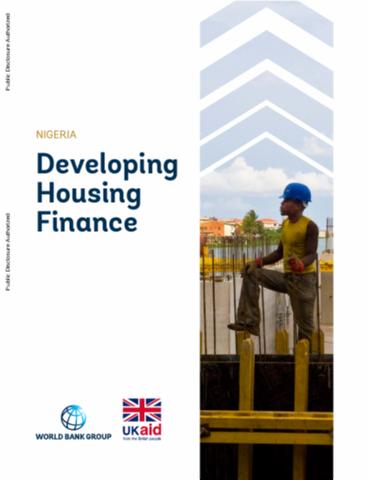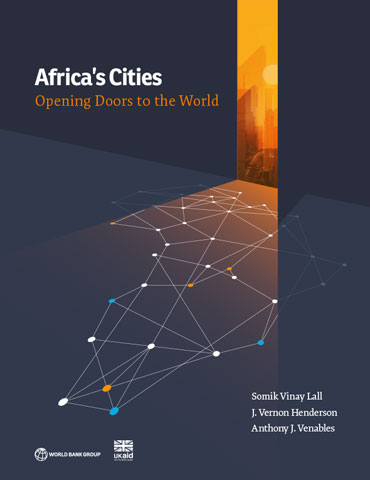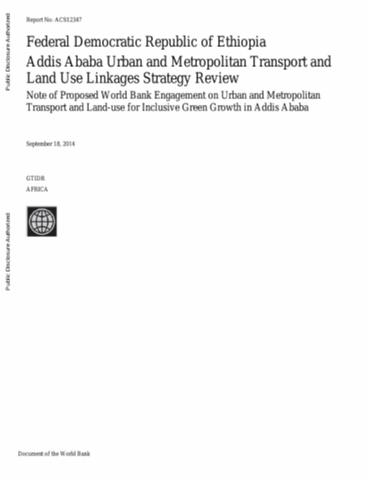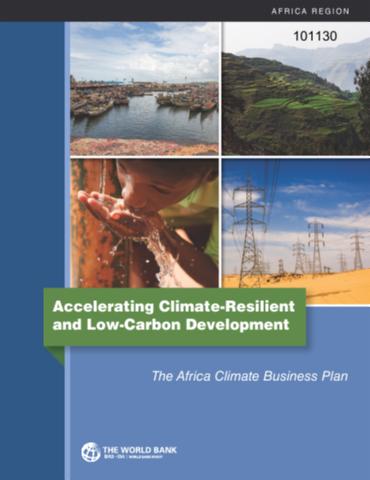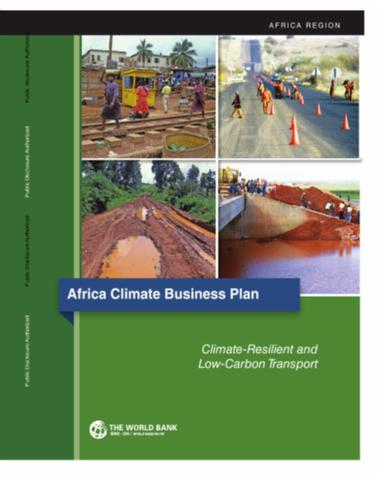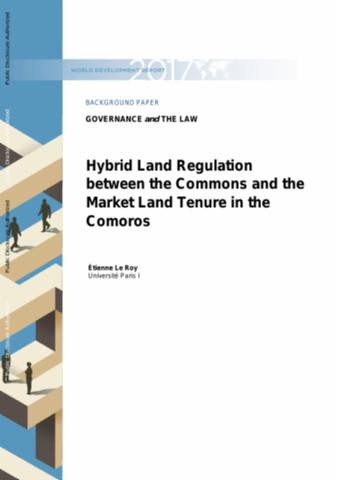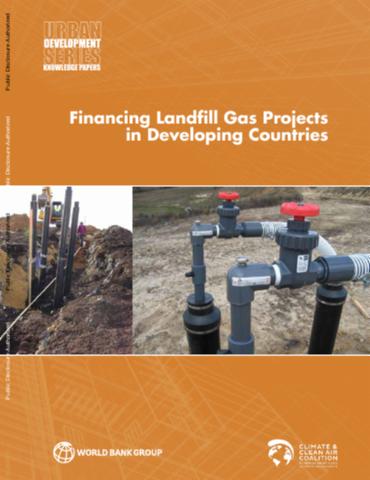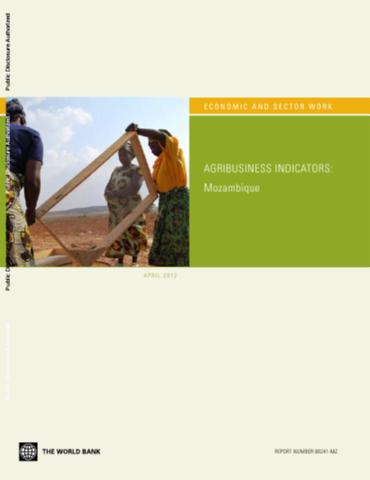Transport at COP21
The case for climate action has never been stronger. Around the world, climate change is putting at risk the lives of millions of people as well as threatening many coastal cities and endangering trillion of dollars of investments in transport infrastructure and services. The Twenty-First Conference of the Parties (COP21) to the United Nations Framework Convention on Climate Change (UNFCCC) will bring heads of state and ministers to Paris at the end of November to reach a global climate agreement with far-reaching implications for low-carbon and climate-resilient growth.


